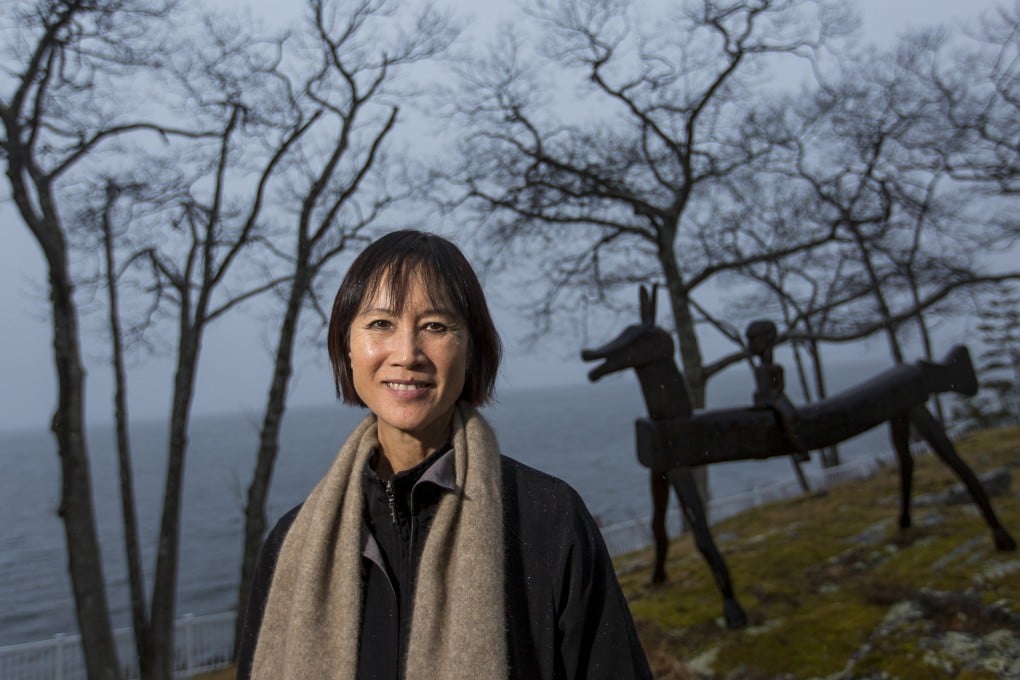Crime writer Tess Gerritsen on Listen to Me, her new Rizzoli & Isles novel inspired by coronavirus lockdowns, and why, as a Chinese-American, she still doesn’t feel accepted
- The Chinese-American novelist produced a new Rizzoli & Isles crime story, gothic ghost story Shape of Night and #MeToo thriller Choose Me while in lockdown
- She’s spread her wings to writing music and producing films, and says ‘I’m more aware that I have a limited number of years to tell the stories I want to tell’

When I first met Tess Gerritsen, back in 2008, she was making a name for herself as one of America’s most promising crime writers. She had built a respectable following among readers and critics with her six novels starring Jane Rizzoli and Maura Isles: 2005’s Vanish won the prestigious Nero award; its follow-up, The Mephisto Club (2006), made bestseller lists around the world.
But back then, Rizzoli and Isles were only bit part players in a conversation dominated, firstly, by Gerritsen’s Chinese heritage. “My mother was from Kunming, in Yunnan province. She left mainland China just in time to escape the takeover of communist rule, and came to the US as a foreign student. My father’s family was originally from Guangdong, and they have been in the US for multiple generations.”
Gerritsen credited her mother in particular for her love of books, but said both parents were responsible for her drive and ambition. “Immigrant Asians are very much about hard work, and also a sense that you will never be accepted until you achieve a certain amount of success.”
Our second topic was Gerritsen’s medical background. This was partly because back then her latest novel had been The Bone Garden (2007), a historical story inspired by the extraordinarily high death rate in 19th century Boston’s maternity wards (the culprit turns out to be poor handwashing). But medicine plays a crucial role in Gerritsen’s life and writing.
Persuaded to train as a doctor because her parents believed her early literary ambitions were unrealistic, Gerritsen worked as a physician in Hawaii for 10 years. Following the birth of her first child, however, she entered a local short-story competition and won first prize. The victory encouraged Gerritsen to write her first novel, Adventure’s Mistress (1985), a mixture of romance and suspense.
Fast forward to 2022, and Gerritsen’s life is both the same and entirely different. Two years after our first meeting, an adaptation of her crime novels, Rizzoli & Isles, debuted on American television and ran for seven successful series. Gerritsen was promoted to the big leagues: her books have been published in more than 40 countries, selling in excess of 30 million copies.